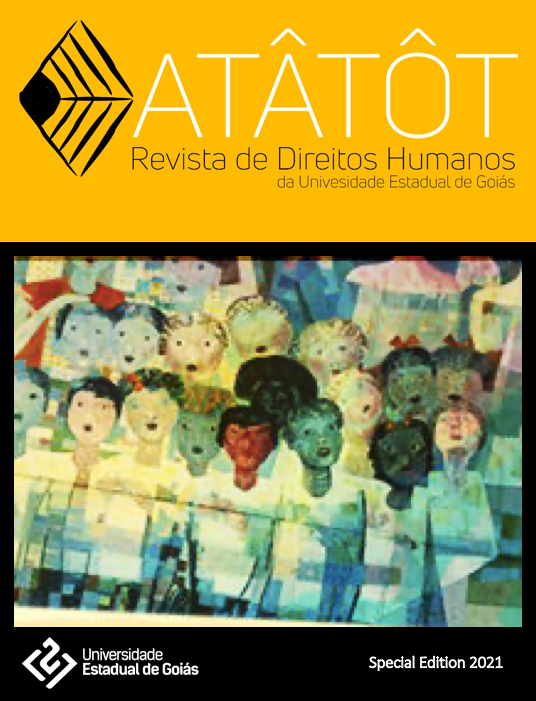The Right to Food in Tension with Collective Food Actions
The Case of Córdoba (Argentina) at the Beginning of the 21th Century
Keywords:
Collective action; social protest; food collective actions; hunger; Argentine crisis 2001; Human Rights; Food; Bodies.Abstract
This article will analyze the characteristics that food collective actions took in the city of Córdoba (Argentina) between 2001 and 2007, to put these conflicts with the right to food in tension, thinking in Latin American contexts from a sociological perspective. A qualitative interpretive approach and a mixed inquiry strategy were assumed. The following were used: a) semi-structured in-depth interviews and observation, and b) a hemerographic database of “food collective action” events. There were 844 events and three sub-cycles were identified: “explosion” (2001-2002), “dispute” (2002-2003) and “normalization” (2003-2007). In the "explosion" and "dispute", the territories were moved to the street and in the cycle of "normalization", from the street to the ministry. The State achieved the capacity of (re)control and process the conflict around the food issue. This did not imply the "resolution" of the food conflict, but its mutation to other more attenuated and not so visible forms, such as the "obesity of poverty" or the "social shortness".
Downloads
Published
Issue
Section
License
Copyright (c) 2021 Atâtôt - Interdisciplinary Journal of Human Rights (UEG)

This work is licensed under a Creative Commons Attribution-NonCommercial-NoDerivatives 4.0 International License.










